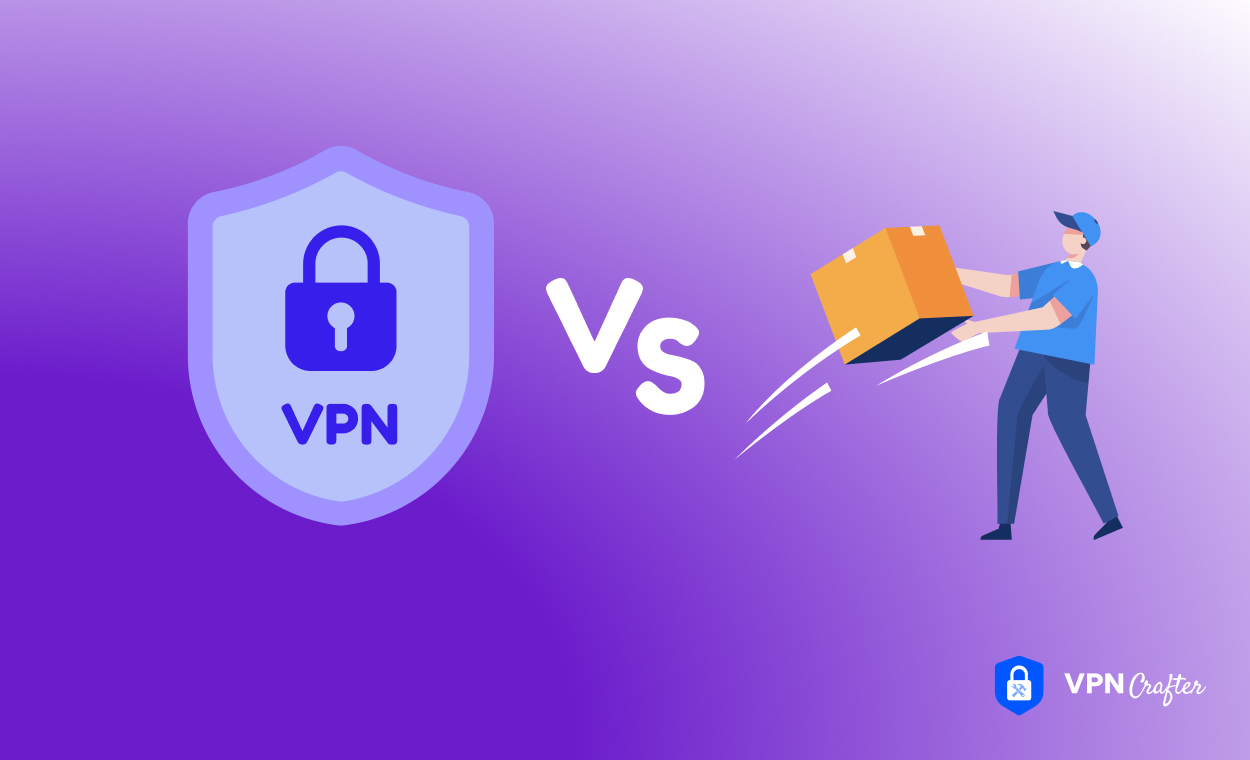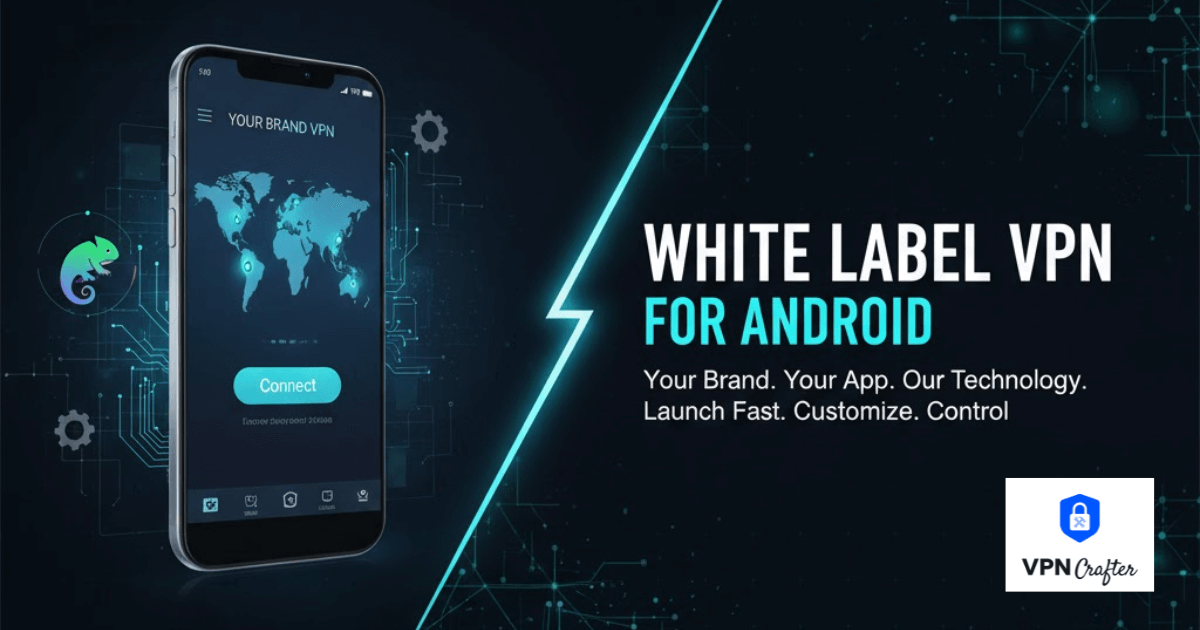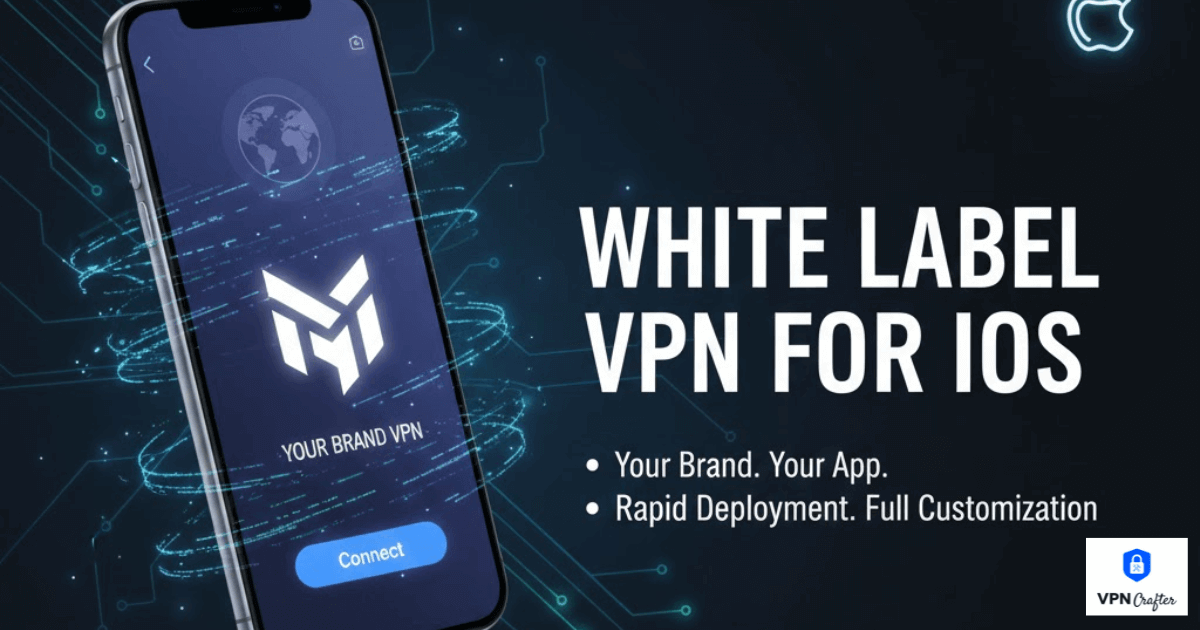Let me start with a confession – I once bet my entire marketing budget on a white-label CRM tool that crashed during a client demo. Cue awkward silence, refund demands, and a lesson learned the hard way: Not all partnership models are created equal.
You’re here because you’re torn between slapping your logo on someone else’s product (white label) or becoming a glorified middleman (reseller). I get it—it’s like choosing between building a Ferrari or renting a Toyota. But here’s the kicker: Your choice will define your profits, client trust, and sanity for years. Let’s ditch the corporate fluff and talk real-world wins, risks, and “Why didn’t anyone tell me this?”
You’re looking for a way to scale your business without reinventing the wheel. But choosing between white-label and reseller models feels like walking through a fog—you know the right path is there, but every step could lead to wasted time, lost revenue, or even a ruined reputation.
The last thing you want is to invest in a model that stifles your growth. Choose wrong, and you’ll be stuck in a system that limits your branding, cuts into your profits, or leaves you at the mercy of another company’s reputation.
It’s time to clear the confusion. In this blog post, we’ll break down White Label vs. Reseller—helping you decide which one fuels your success and which one holds you back.
So, without further ado, let’s dig deeper.
Key Differences
Understanding the key differences between White Label and Reseller models is essential for businesses. These differences impact how you manage and present your products or services. Let’s dive into the main distinctions between these two approaches.
Ownership And Control
White Label: In a white label model, you have full ownership and control over the product. You can rebrand it entirely and make it look like it’s your own creation. This model allows for greater flexibility in terms of customization and branding.
Reseller: With the reseller model, you sell products or services created by another company. You do not have full control over the product. You are simply reselling it under the original branding, which limits customization options.
| Aspect | White Label | Reseller |
|---|---|---|
| Ownership | Full | Limited |
| Control | High | Low |
Branding And Customization
White Label: You can completely rebrand the product. This means you can add your logo, design, and other branding elements. It gives you the freedom to make the product fit your brand identity perfectly.
Reseller: The reseller model offers limited customization. You sell the product as is, with the original branding intact. This limits how much you can personalize the product for your customers.
- White Label: High branding flexibility
- Reseller: Limited branding options
Cost Considerations
Understanding the cost implications of White Label and Reseller models is vital. Each model has its own financial demands and benefits. This section breaks down the initial and ongoing costs associated with both models.
Initial Investment
White Label: The initial investment in a white label product can be substantial. Companies usually need to invest in customization, branding, and integration. These upfront costs ensure that the product aligns with your brand’s identity and standards.
Reseller: In contrast, the initial investment for a reseller model is often lower. Resellers typically purchase products at wholesale prices and sell them under the original brand. This minimizes the need for extensive customization or branding efforts.
| Model | Initial Investment |
|---|---|
| White Label | High (Customization, Branding, Integration) |
| Reseller | Low (Wholesale Purchase) |
Ongoing Expenses
White Label: Ongoing expenses for white label products include support, updates, and marketing. Companies need to maintain the product to ensure it meets customer expectations. Regular updates and customer support are critical to keeping the product competitive.
Reseller: Ongoing expenses for resellers are relatively lower. Costs are mostly related to marketing and sales efforts. Resellers do not bear the cost of product updates or extensive support. The primary focus is on selling the product and generating revenue.
| Model | Ongoing Expenses |
|---|---|
| White Label | High (Support, Updates, Marketing) |
| Reseller | Low (Marketing, Sales) |
Market Positioning
Market positioning is a crucial aspect when comparing white label and reseller models. Understanding the differences can help you choose the right strategy for your business. Let’s dive into the key areas of market positioning for both models.
Target Audience
White label products target businesses wanting to offer branded products. These businesses seek to build their brand without manufacturing. They want ownership and control over the product’s presentation and marketing.
Resellers target businesses that prefer selling existing products. These businesses focus on sales and customer service. They do not want to handle product creation or branding.
Competitive Advantage
White label products offer a unique brand identity. Businesses can differentiate themselves in the market. They have control over product quality and packaging. This creates a strong market presence.
Resellers benefit from established product credibility. They leverage the existing reputation of the products they sell. This can lead to quicker sales and less marketing effort. They rely on the strength of the original brand.
Product And Service Quality
Understanding the product and service quality differences between white label and reseller models is crucial. Each model has unique characteristics that impact quality. This section will explore these aspects in detail.
Quality Control
In the white label model, businesses have more control over quality standards. They can set specific requirements for the products or services. This helps maintain a consistent quality level.
Reseller models offer less control over quality. The reseller relies on the supplier’s standards. This can lead to inconsistencies. The supplier determines the final quality.
Supplier Reliability
The reliability of suppliers impacts product and service quality significantly. In a white label setup, businesses often work closely with one or a few suppliers. This relationship can help ensure a reliable supply chain.
In a reseller model, the relationship with suppliers might be less stable. Resellers often depend on multiple suppliers. This can lead to variability in the supply chain. Reliable suppliers are essential for maintaining consistent quality.
| Aspect | White Label | Reseller |
|---|---|---|
| Quality Control | High | Medium |
| Supplier Reliability | High | Variable |
Both models have their pros and cons. Choosing the right one depends on the business’s needs. Understanding these differences can help make an informed decision.
Scalability
Understanding scalability is crucial when comparing White Label vs Reseller models. It determines how well your business can grow. Scalability impacts your success in the long run.
Growth Potential
White Label solutions offer significant growth potential. You can market the product under your brand. This allows you to build a unique identity. Your brand gains recognition and trust.
In contrast, Reseller models have limited growth potential. You’re selling products from another brand. This can restrict your ability to create a distinct market presence.
Resource Management
White Label solutions require more resources. You need to manage branding, marketing, and customer support. This can be challenging but also rewarding. Proper resource management can lead to substantial growth.
Reseller models require fewer resources. The original company handles most aspects. Your primary role is selling the product. This allows you to focus on sales without the overhead of product management.
Here’s a quick comparison table:
| Aspect | White Label | Reseller |
|---|---|---|
| Branding | Manage your own brand | Sell under another brand |
| Resource Requirements | High | Low |
| Growth Potential | High | Moderate |
Each model has its own advantages. Choose
Marketing Strategies
Effective marketing strategies play a crucial role in the success of any business. Whether you’re considering white label or reseller programs, understanding the right tactics can make a difference. This section will explore key aspects of marketing for both options.
Branding Tactics
Branding is essential for creating a unique identity. With a white label product, you have the freedom to create your own brand. You can design custom logos, packaging, and marketing materials.
- Develop a unique brand voice
- Create a memorable logo
- Design appealing packaging
In a reseller model, branding is more limited. You sell products under the original brand. This can be less flexible but requires less effort in branding.
- Leverage the established brand reputation
- Focus on customer service
- Utilize existing marketing materials
Customer Engagement
Engaging customers is vital for business growth. White label products allow you to create personalized experiences. You can tailor customer interactions based on your brand’s identity.
- Offer personalized recommendations
- Create loyalty programs
- Run targeted marketing campaigns
Resellers, on the other hand, benefit from the existing customer base of the original brand. Engaging with these customers involves maintaining high service standards.
- Provide excellent customer support
- Offer quick response times
- Use feedback to improve services
| Aspect | White Label | Reseller |
|---|---|---|
| Branding | Customizable | Limited |
| Customer Engagement | Personalized | Standardized |
Choosing the right approach depends on your business goals. Consider these factors to decide the best fit for your marketing strategies.
Legal And Compliance Issues
Understanding the legal and compliance issues is crucial in deciding between white label and reseller business models. These models involve different responsibilities and risks. It is essential to know the regulatory requirements and intellectual property concerns involved. This ensures your business stays compliant and avoids legal troubles.
Regulatory Requirements
Both white label and reseller models must adhere to specific regulatory standards. White label products often require compliance with industry regulations. This includes product safety standards, consumer protection laws, and data privacy regulations. Resellers, on the other hand, need to ensure that the products they sell comply with these regulations as well. They must also follow local sales and distribution laws.
Here are some key regulatory requirements to consider:
- Product Safety Standards: Ensure products meet safety regulations to avoid legal issues.
- Consumer Protection Laws: Protect consumers’ rights and avoid fraudulent practices.
- Data Privacy Regulations: Comply with laws like GDPR for user data protection.
- Local Sales Laws: Follow local laws on sales, distribution, and marketing.
Intellectual Property
Intellectual property (IP) concerns are significant in both white label and reseller models. White label products often involve rebranding existing products. This means you must ensure that the original IP rights are respected. It is vital to have clear agreements with the original manufacturers about IP usage.
Resellers must also be cautious about IP rights. They need to ensure that the products they sell are not infringing on any IP rights. This includes trademarks, patents, and copyrights. Both models require robust agreements and due diligence to avoid IP disputes.
Consider these aspects regarding intellectual property:
- Trademark Agreements: Ensure you have the right to use trademarks for rebranded products.
- Patent Rights: Verify that products do not infringe on existing patents.
- Copyright Compliance: Make sure all content and branding materials comply with copyright laws.
- Clear Contracts: Have detailed agreements to avoid misunderstandings and legal issues.
By understanding and addressing these legal and compliance issues, you can make an informed decision. Whether you choose a white label or reseller model, staying compliant will help build a sustainable business.
Frequently Asked Questions
What Is White Label?
White label refers to products or services produced by one company but rebranded and sold by another. This allows businesses to offer these products under their own brand without developing them from scratch.
What Does A Reseller Do?
A reseller purchases products or services and sells them to end customers. They usually add a margin to the original price and focus on sales and marketing.
How Do White Label And Reseller Differ?
White label involves rebranding products, while resellers sell products under the original brand. White label products appear as the reseller’s own, while resellers act as intermediaries.
Which Is More Profitable: White Label Or Reseller?
Profitability depends on your business model and market strategy. White label can offer higher margins, but reselling can be easier and faster to implement.
Section 1: White Label vs Reseller—No, They’re Not the Same
White Label in Plain English:
- It’s like buying a plain pizza base, adding your secret sauce, and calling it “Grandma’s Recipe.” You own the branding, pricing, and client experience.
- Best for: Control freaks (no shame!) and brands that want to look like tech wizards without coding a single line.
Reselling Explained (Without the Jargon):
- You’re the Uber Eats driver delivering McDonald’s. You earn a cut, but everyone knows it’s not your burger.
- Best for: Hustlers who want quick cash without midnight calls about buggy software.
The Blurry Line Everyone Ignores:
Fun fact: 30% of “resellers” I’ve coached secretly white-label parts of their service. Why? Because clients love thinking you built it yourself. Sneaky? Maybe. Smart? Absolutely.
Section 2: The Ugly Side of White Label No One Talks About
Pro: Charge $5k/month for a tool you didn’t build.
Con: That one time a client found the original vendor’s code in your “custom” app.
True Story: Sarah, a SaaS founder, white-labeled an analytics tool. It worked—until her vendor pivoted to NFTs and left her scrambling. Her takeaway? “Always have a Plan B… and a lawyer.”
Hidden Costs That’ll Bite You:
- Support Nightmares: You’re on the hook for bugs, updates, and angry clients.
- Vendor Lock-In: Switching suppliers? Say goodbye to 6 months of setup work.
- Reputation Roulette: One data breach at your vendor’s end = your Yelp reviews tank.
But Wait—Reselling Isn’t All Sunshine Either:
- Margins are thinner than a rice cracker.
- Competing with 12 other “authorized partners” in your city.
- Clients ask, “Why shouldn’t we buy directly from the source?”
Section 3: How to Choose (Without Overthinking)
Ask Yourself These 3 Brutal Questions:
- “Can I sell ice to Eskimos?”
- Reselling demands killer sales skills—you’re pushing someone else’s brand.
- “Do I have a trust fund for legal fees?”
- White label contracts are minefields. Miss one clause, and you’re bankrupt.
- “Am I building a legacy or a side hustle?”
- White label = long-term equity. Reselling = faster, smaller wins.
The “Cheat Code” Hybrid Model:
Resell core products but white-label add-ons. Example: A web host reselling SiteGround hosting (their brand) but offering “custom” security plugins (your white-label sauce).
Section 4: Profit Playbook—What the Gurus Won’t Tell You
White Label Hacks for Fat Margins:
- Upsell Training: Charge $500/hour to teach clients how to use “your” tool.
- Scarcity Tactics: “Only 5 spots left for our ‘exclusive’ platform.” (Even if it’s BS.)
- Bundle Services: Pair your white-label CRM with a $2k/month “optimization audit.”
Reseller Tricks to Avoid the Race to the Bottom:
- Bundle, Bundle, Bundle: Resell Microsoft 365? Throw in your “signature” onboarding course.
- Leverage FOMO: “Vendor just increased prices—lock in the old rate today!”
- Be the Translator: Clients don’t want tech specs; they want to know “Will this make me $$$?”
FAQ: Answering Your Skeptical Questions
Q: Can I get sued for white labeling?
A: Only if you’re dumb about it. Always:
- Review vendor contracts with a fine-tooth comb.
- Disclose “powered by [Vendor]” in tiny print (check local laws).
- Never claim patents/copyrights that aren’t yours.
Q: What’s the #1 reseller mistake?
A: Trusting vendors blindly. I once partnered with a “top-rated” SEO tool that accidentally emailed all my clients about their Black Friday sale. Awkward.
Q: How do I explain white labeling without sounding shady?
A: “We partner with industry-leading tech so we can focus on what we do best—delivering results for YOU.” (Yes, it’s spin. Welcome to marketing.)
Conclusion: Your Move, Maverick
Let’s get real: White labeling is like adopting a rescue dog—thrilling but high-maintenance. Reselling is more like pet-sitting: low commitment, easy money, but you’ll never own the golden retriever.
Need a starting point?
- If you’ve got $20k+ and a knack for branding, go white label.
- If you’re scrappy and hate paperwork, resell first. Test the waters.
Either way, document EVERYTHING. Screenshot SLAs, record Zoom calls with vendors, and for God’s sake, get liability insurance.
Conclusion
Choosing between White Label and Reseller depends on your business needs. White Label offers more control over branding. Reseller programs provide a simpler, faster setup. Both options have their benefits. Consider your goals and resources carefully. Assess your target market and product offerings.
Make a choice that aligns with your business strategy. By doing so, you can effectively grow and succeed in your niche. Happy business planning!





